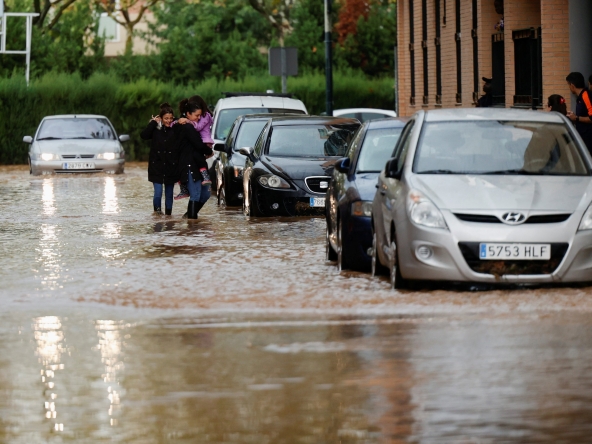VINCENT Lambert was badly injured in a traffic accident in his native France 11 years ago while on the way to his work as a male nurse. He is now in a vegetative state in a Paris hospital bed, something doctors say he will never recover from. In a case that could have implication across Europe, his wife has appealed to the EU Human Rights Court to allow him to die by removing the food and hydration that is all that is keeping him alive. However his staunchly Catholic parents believe he should be allowed to stay alive whatever his condition and what happens will be “Gods will”. Any final ruling in the court could have implications across the EU, sparking once again the fierce euthanasia debate in countries like Spain.
The crux of the matter is living wills. If, as his wife believes, Vincent would never have wanted to stay alive in his current state and he had clearly documented the fact, then the health care professionals would have abided by his wishes. Research has shown that in Spain just 300,000 people have living wills, most of them elderly people or those facing a future with a chronic degenerative disease. This amounts to just 0.6% of the population despite the fact that a recent survey has shown that 87% support euthanasia in certain circumstances. This has led to controversy with recent cases such as that of Angel Hernandez who helped his terminally ill wife to die in agreement with her verbal but unwritten wishes. He was initially charged with crimes of death by gender violence which was dropped but the case against him remains open. Supporters of the right to die with dignity have said that anyone should spend time to make a document expressing their wishes should they find themselves unable to do so.




